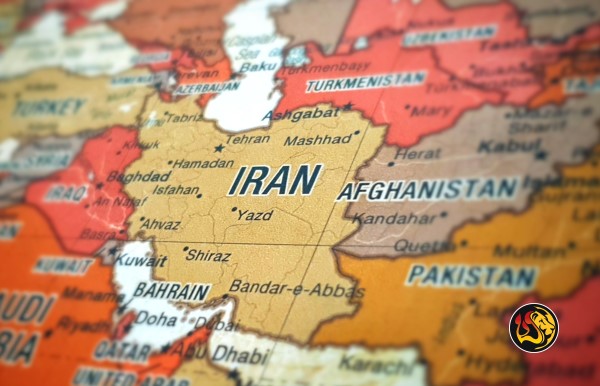By Stefan J. Bos, Chief International Correspondent Worthy News
TEHRAN (Worthy News) - Recent comments by a senior Iranian cleric that around 50,000 of Iran's 75,000 mosques are closed highlight the growth of Christianity in Iran and disillusion with “the regime’s use of Islam to justify its authoritarian rule,” a prominent human rights activist told Worthy News on Monday.
Farrukh H. Saif, whose Emergency Committee to Save the Persecuted and Enslaved (ECSPE) has rescued Christian converts, referred to cleric Mohammad Abolghassem Doulabi, an adviser of Iran’s rulers.
Doulabi, a liaison between President Ebrahim Raisi’s administration and Iran’s Islamic seminaries, called the 50,000 mosque closures a "worrying admission” for a state built around the principles of Islam.
Doulabi, who is also a member of the Assembly of Experts, which appoints the Supreme Leader – noticed the broad disillusion of people with the outcome of Islam in Iran.
“When people look at the output of the religion, they decide to enter the religion or leave the religion," he said in published remarks.
He admitted that Iranians complained about “the humiliation of people in the name of religion," “falsification of religious concepts and teachings,” and the “depriving people of a decent life and creating poverty in the name of religion.”
DEADLY PROTESTS
His comments followed months of deadly protests sparked by the death on September 16 last year of Iranian woman Mahsa Amini, also known as Jina Amini. She died while in custody of Iran’s feared ‘morality police’ for the alleged “inappropriate use” of her hijab, prompting confrontations with government forces in which hundreds were killed and thousands arrested.
The rare remarks by the senior cleric noticing tensions also come as “Christianity has been steadily growing in Iran in recent years, signifying a significant religious shift in a predominantly Muslim country,” Saif said. “While most Iranians still identify as Muslims, there has been a noticeable increase in the number of Iranians converting to Christianity, especially among the younger generation.”
His observations are confirmed by Elam Ministries, a mission group founded by Iranian church leaders. “Every day, Iranians are coming to Christ.
Every week, new house churches are being born in Iran, despite persecution,” the group noticed.
“More Iranians have become Christians in the last 20 years than in the previous 13 centuries put together since Islam came to Iran. In 1979, there were an estimated 500 Christians from a Muslim background in Iran. Today, there are hundreds of thousands—some say more than 1 million,” the group stressed. “Whatever the exact number, many Iranians are turning to Jesus as Lord and Savior.”
Saif cautioned that this “growth has not been without challenges, as religious conversion can face opposition from family members and authorities. Nevertheless, the growth of Christianity in Iran reflects ongoing religious diversity and exploration within the country. Even in the face of societal and political pressures.”
He told Worthy News that “several factors contribute to the growth of Christianity in Iran,” including that “many young adults are on a spiritual journey and are open to exploring different religious beliefs. Some are drawn to Christianity as they seek answers to life’s questions and a deeper connection with God.”
DIGITAL AGE
Saif noticed that the “digital age has made it easier for Iranians to access information about different faiths and belief systems. Online resources and social media platforms allow Iranians to learn more about Christianity and connect with Christian communities.”
He stressed that the reported search for Christian faith comes amid “Dissatisfaction with Islam” and “concerns about government interference in religious matters and a desire for greater religious freedom.”
He confirmed that besides his group, “several Christian organizations, both inside and outside of Iran, are actively involved in missionary work and outreach efforts. They provide resources, support, and a sense of community for Iranians interested in Christianity.”
Christian broadcasters also played a role in the spread of Christianity in Iran, he explained.
However, “Due to the sensitive nature of religious conversion in Iran, many new Christians gather in underground house churches to worship and study the Bible. These small, close-knit communities provide a safe space for worship and fellowship,” Saif observed.

